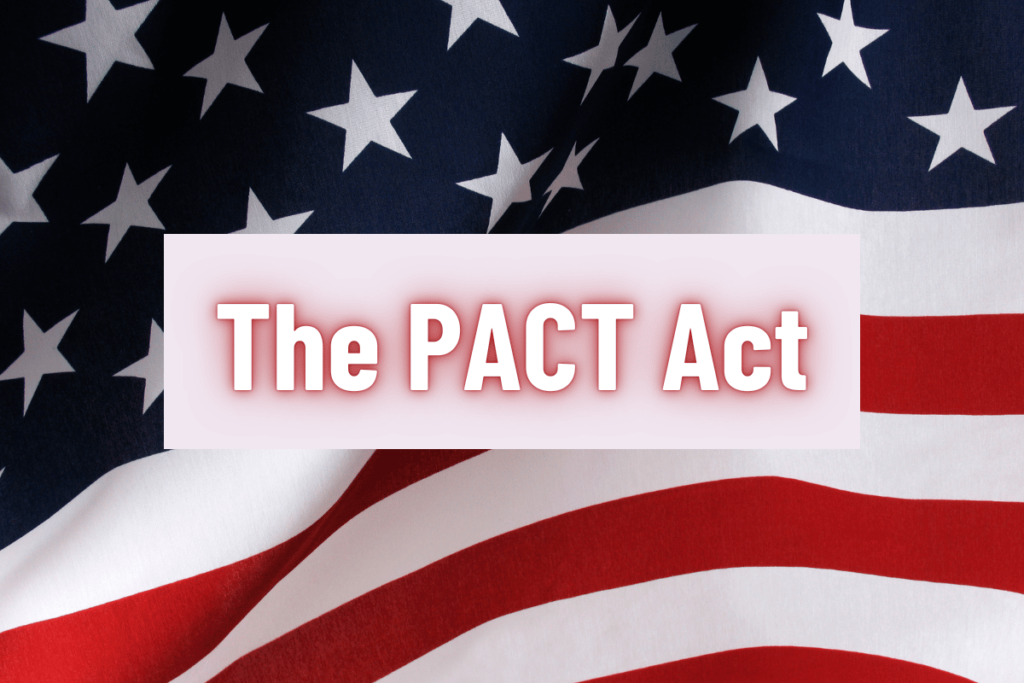
How You Likely Qualify
Millions of Americans have served in the U.S. Armed Forces. Estimates show that more than three million have served since September 11, 2001.
Those who join must ultimately exit military service. More than 300,000 service members are currently processing out each year. That puts a huge strain on the system and can sometimes leave new veterans lost in the “benefits black hole.”
Out of all military benefits, disability benefits seem the most confusing and complex. The avenues to determine eligibility and disability ratings are not the same for each veteran across the board. In addition, “VA math” is an anomaly.
The first step to determining benefits is to confirm the classification of a veteran. The definition of a veteran is “a person who served in active military, naval, or air service, who was discharged or released under conditions other than dishonorable.”
There are specifics we won’t get into here that further define “veteran status.” Let’s assume that classification is already made clear.
The VA defines disability compensation as “a monthly tax-free payment to veterans who got sick or injured while serving in the military and to veterans whose service made an existing condition worse.” The VA determines this compensation based on a model that seeks to identify the economic impairment suffered from service.
In other words, your mind, body, or soul aren’t working like they should because of your service, and how much is that costing you?
Within the pages of FireWatch Magazine, we have introduced options for finding assistance in navigating through the complex disability application process through your local VSO (Veterans Services Officer) or private company specializing in application processing and approval success. If there is a question as to whether suffrage equates to a veteran’s economic impairment, they can certainly help to clarify.
The PACT Act (The Promise to Address Comprehensive Toxics Act of 2022) has really shaken up the veteran community positively. Some fear that having missed the application deadline, they no longer qualify for relief under the PACT Act; however, this is untrue.
Application prior to the deadline would have ensured back pay to the date of the president’s signature on the Act, but applying after the deadline does not disqualify the benefit.
The PACT Act addresses veterans of the Vietnam, Gulf War, and Post 9/11 eras and their exposure to various toxins.
The PACT Act now identifies many conditions as presumptive, indicating that providing service at specific times and locations likely qualifies you. There is no need for additional supportive documentation, medical evaluations, and so forth.
For example, if you were in Afghanistan anytime after September 11, 2001, or you were in Iraq anytime after August 2, 1990 and you have a condition identified within the PACT Act– you likely qualify.
Many other locations qualify as well. Refer to this VA website for more information or to apply for compensation under the PACT Act: https://www.va.gov/resources/the-pact-act-and-your-va-benefits/